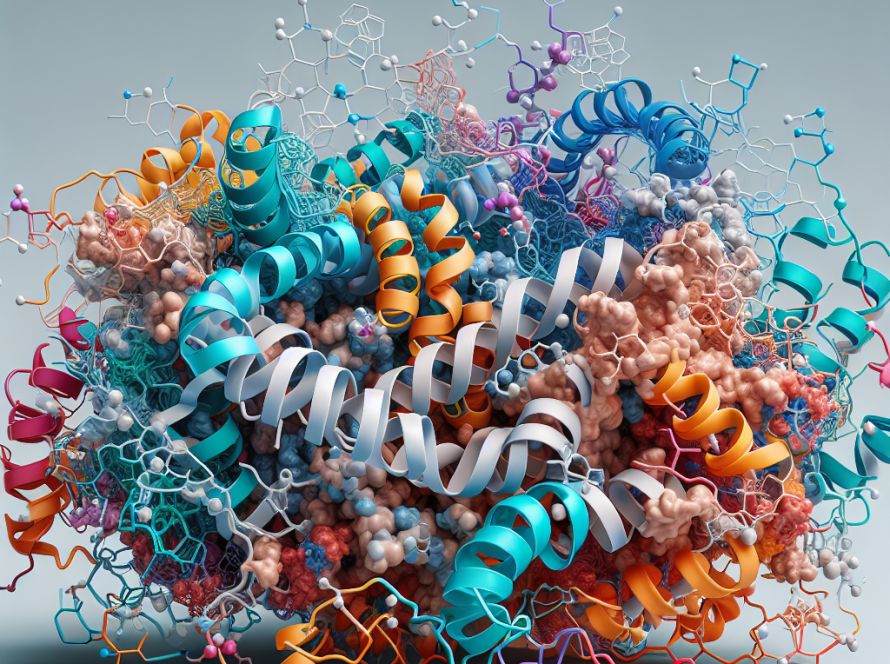Following Hollywood’s double strike last year, the subsequent rise of AI in the industry has presented numerous challenges to SAG-AFTRA, the world’s largest performers’ union. As the industry continues to change, the union aims to protect its members and is currently engaged in negotiations with leading video game corporations. AI’s use in production has become a hot-button issue. SAG-AFTRA’s leader, Duncan Crabtree-Ireland, believes that a strike is likely in the future due to the disagreements surrounding this matter.
The union, however, is not concerning itself with negotiations sealed with film and TV companies in the past year. Instead, the focus is on safeguarding video game performers and voice artists because of the long duration of video game franchises, which makes the situation more challenging.
Crabtree-Ireland, while speaking at SXSW in Austin, Texas, referenced the varying opinions amongst the union’s 160,000 members on AI and the use of generative AI tools. Although some members seek a complete ban on the inclusion of these tools in union-approved productions, the leader believes that such a demand would be unrealistic.
Crabtree-Ireland argued the unions’ goal should be to influence the use of technology rather than attempt to stop its progression, a goal most unions have failed to accomplish throughout history. Thus, SAG-AFTRA members’ consent and compensation should be prioritized when their work is used by AI. Furthermore, the union leader emphasized that AI should be used to augment, rather than replace, humans in production.
At the start of the year, SAG-AFTRA disclosed an experimental arrangement with an AI voice studio, Replica Studios, which details how AI voices can be used in video games. This experimental contract, agreed upon by a committee of actors frequently involved in the gaming industry, stipulates the conditions and payments to voice actors for creating digital voices and licensing AI voices in games. However, this agreement took some voice actors by surprise, who stated they had not been consulted on the matter.
As AI becomes increasingly prominent within the industry, SAG-AFTRA has to navigate this complex landscape. Companies in the gaming industry have been quick to adopt generative AI, with 86.7% identified as early adopters. By 2026, AI is projected to impact about 52,400 jobs or 13.4% of the industry’s workforce.
Crabtree-Ireland warned video game producers not to underestimate how seriously union members view AI and the potential disruptions it could bring about, and their willingness to strike if necessary. He emphasized that the union would not agree to companies that fail to protect its members from the abusive and exploitive uses of AI. Consequently, even though the union does not wish to strike, it is a real possibility if the members’ concerns about AI are not addressed in the negotiations.


